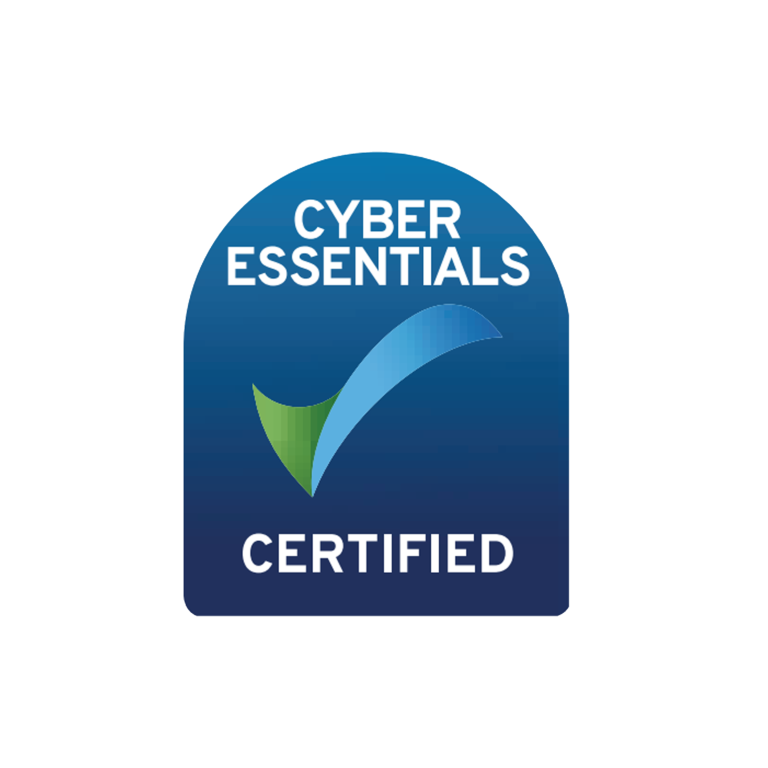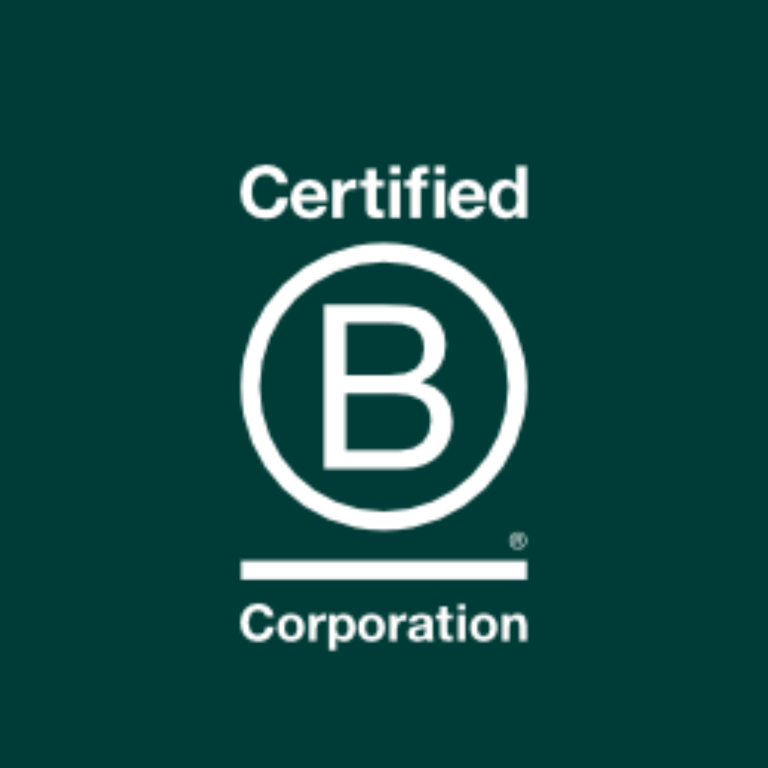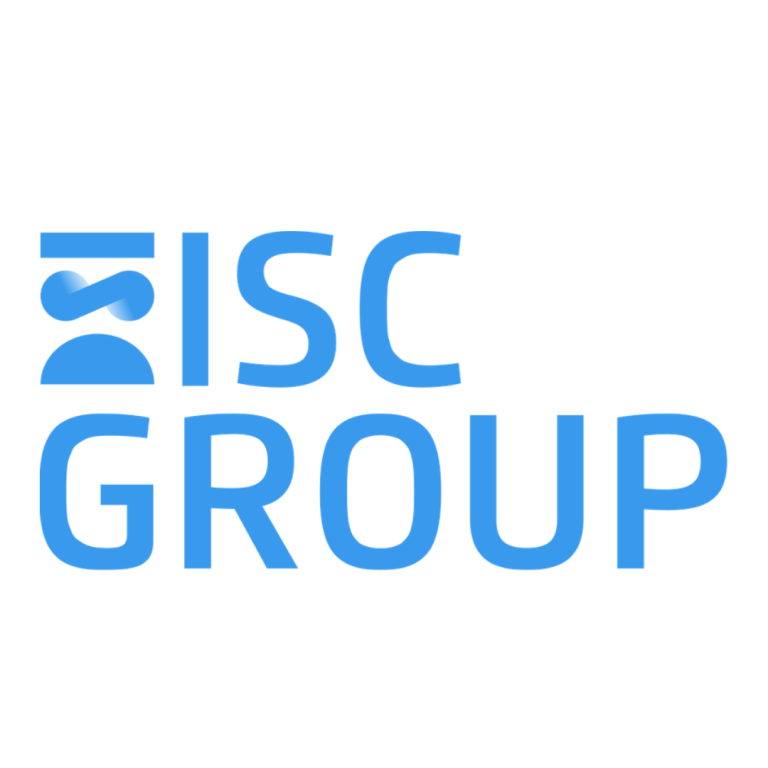
GreenKite’s Ask Me Anything – Q&A with Gemma Friar
What inspired you to pursue a career in HR?
If I’m honest, I fell into HR completely by accident. After completing college, a friend and I, fully suited and booted, walked our hardcopy CVs around various recruitment agencies in the city, with the hope of finding a job! A few days later I received an invitation for an interview for the role of a junior personnel assistant at a financial services firm. In those days, we just about had internet, so I looked up ‘HR’ to gain a better understanding of the job role. I liked the idea of HR being the driving force for improvement in an organisation and I get so much satisfaction from helping people, so it seemed the ideal environment for me. Fast forward to today, and I’m still here, two decades later!
Could you share with us a fun or memorable moment from your 20-year journey in HR?
There are so many! Working in HR, you are essentially always on call, even when visiting the local wine bar with some colleagues after a long day at work! One Friday evening involved having to return to the office to retrieve a colleague’s emergency details, as they had somehow managed to drunkenly get themselves wedged down the side of the toilet, cutting their head on the way down. I spent much time keeping the individual calm whilst the fire brigade removed the toilet bowl. A quick call was made to the emergency contact to let them know they needed to meet their partner at the hospital. With that crisis resolved, we returned to the pub for our drinks. There is never a dull moment working in HR!
As the People and Performance Manager at GreenKite, what aspects of your role have you found most fulfilling and challenging?
When I first joined GreenKite, we had a set of basic benefits for all employees. What has given me the most satisfaction is being given the opportunity to develop our benefits offerings. This has enabled me to expand our offerings significantly, including increasing holiday days, improving the pension offering, implementing insured benefits, and introducing an online training platform, which gives our colleagues the best opportunities for growth and development. Making these positive changes and improvements at GreenKite puts a smile on my face and gives me a true sense of satisfaction that I am working for an employer who truly cares for their staff’s well-being.
Of course, there are also challenging moments. What I have found the most challenging at times is not being able to communicate freely with colleagues across a desk, because until recently, most of our staff were working from home. In my view, collaboration flows more freely when you are all in the same room. Now that we have our new office space, I have already found that face-to-face meetings with people are more productive.
Throughout your career, which professional achievement are you most proud of, and why?
One project sticks out in my memory! I developed and implemented a vital workflow process within the HR system at a previous employer, which took 1,800 remuneration review letters online, saving the HR team considerable time, money, and stress in producing hard copy letters.
What drives you personally to continuously seek growth and improvement in your professional journey?
I strive to be better than the person I was yesterday. I enjoy continuously developing and strengthening my skills and helping others to be the best versions of themselves. I do this by active listening, giving positive encouragement to boost people’s confidence, and being truthful – always in a constructive and considerate manner.
What challenges have you faced in your line of work, and how did you overcome them?
There have been many challenges over the span of my career, but the toughest challenges have always been going through a large-scale restructuring process, especially when you are making people you know personally redundant. It is never easy delivering bad news, but I always remind myself during the tough restructuring times to treat people how I would wish to be treated in a similar situation, be open and transparent, and be empathetic.
How do you see the role of innovation within HR making a significant difference in addressing challenges specific to the insurance sector, and what innovative approaches do you believe can create lasting positive change?
Investing in your people is key to unlocking their full potential. Firstly, dedicating time and resources to train and develop your existing employees will see increased motivation, improved productivity, and an overall improvement in the quality of work. In addition, having well-being programs in place to support your staff is imperative and often leads to a more positive workplace culture. Equally important for People and Performance departments is to focus on building diverse and inclusive workforces through their hiring programs. These seemingly straightforward, yet essential initiatives will most certainly ensure long-term retention within any organisation.
I believe the insurance sector has a journey ahead to claim its leadership position in diversity, equality, and inclusion (DEI). People and Performance teams within the industry can lead the way by ensuring documented policies and procedures promote diversity, equality, and inclusion, as a first step.
However, it is important to move beyond just policies and procedures and actively implement initiatives that promote DEI within the workplace and the wider community. This can include efforts to recruit and retain a diverse workforce, implementing training programs to promote inclusive behaviours, and working with diverse organisations to support underrepresented groups. It is also important for the insurance industry to address any unconscious bias that may be present in hiring, promotion, and performance evaluation processes. This can involve adopting blind recruitment processes, conducting regular diversity audits, and providing unconscious bias training to all staff members. The benefits of a diverse and inclusive workplace are well documented, including increased innovation, creativity, and improved financial performance. The insurance industry has the potential to lead the way in DEI, benefiting not only its employees and customers but also contributing to the overall progress of society.
In a world increasingly driven by technology, the insurance industry remains fundamentally about human interactions. What are your thoughts on the crucial role of personal relationships in this industry?
In the insurance industry, personal relationships and networking are not just valuable, they’re indispensable. Insurance companies rely on strong relationships with clients, brokers, and industry experts, which is particularly important in the commercial insurance sector. Networking, in this context, helps professionals stay informed about trends, new policies, and regulatory changes and can help advance an individual’s career. Building a strong reputation and network of contacts within the industry opens doors to new and exciting job opportunities.
More generally in the workplace environment, personal relationships help to build trust between employees and managers, as well as among colleagues. When people know each other on a personal level, they are more likely to trust and rely on each other in the workplace. Personal relationships facilitate collaboration and teamwork. When people know each other well, they are likely to work together more effectively and efficiently.
Looking back on your career so far, what advice would you give to aspiring HR professionals who want to make a significant impact in the world of insurance?
It’s easy in the midst of policies, procedures, and initiatives to forget the “human” element, so make sure you find time to connect with people. In a time of hybrid working, this has never been so important, regardless of what industry you work in.
What important lessons have you learned from past experiences that you still apply to your decision-making today?
Never be rushed to make a decision, no matter the pressure you are under. The more time and thought you put into something upfront, especially when it affects the wider team, generally means you will get that decision right the first time, which will ultimately mean less work later down the line.
What fundamental aspect of the insurance industry do you believe needs to evolve to effectively combat the high turnover and create a more stable and engaged workforce?
For the insurance industry to combat high turnover and create a more stable and engaged workforce, I believe a multifaceted approach that revolves around employee development, career progression, work-life balance, and a commitment to nurturing a positive workplace culture is essential. Think about continuous learning and training, creating clear career paths, implementing mentorship and coaching programs, and competitive compensation and benefits. But also think about feedback and recognition, flexible work arrangements, and maybe the most important of all – cultivating a well-defined company culture. Having a well-defined company culture that is in line with the values and aspirations of employees can create a sense of belonging and commitment.






